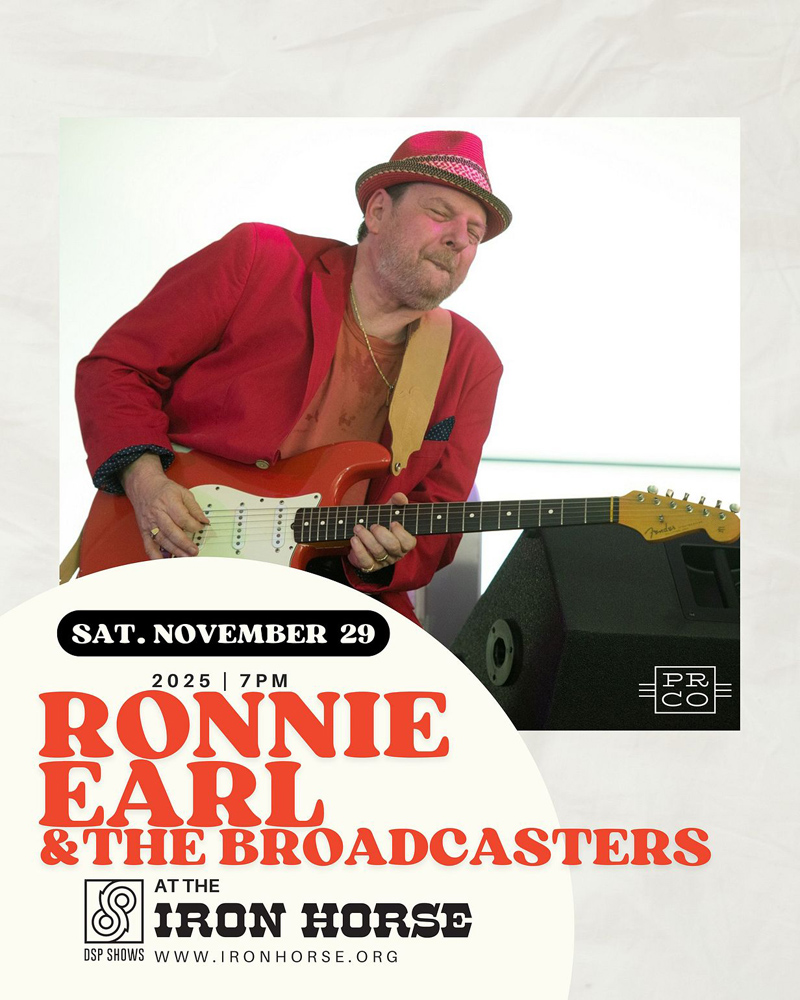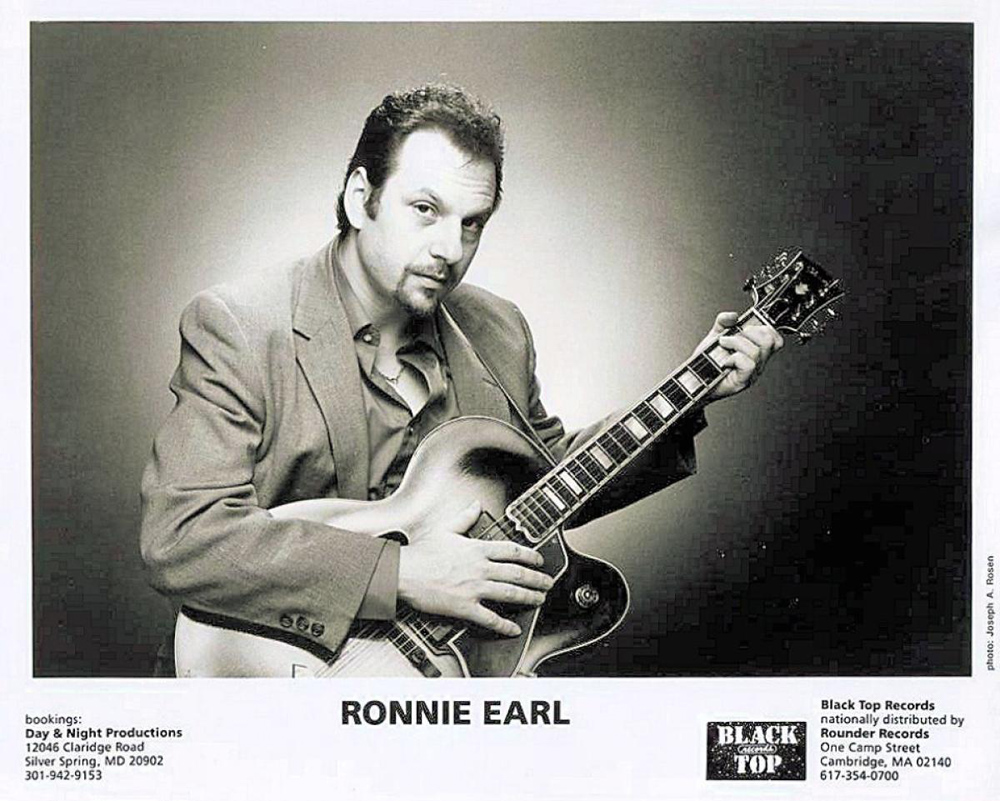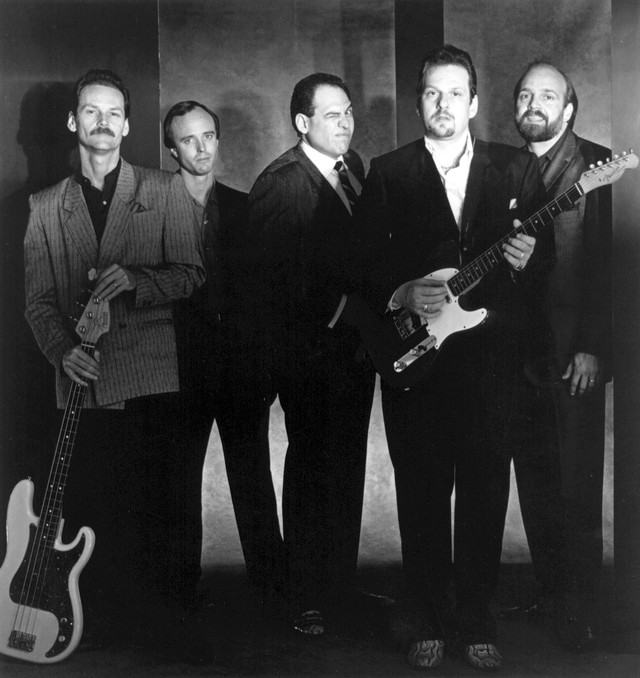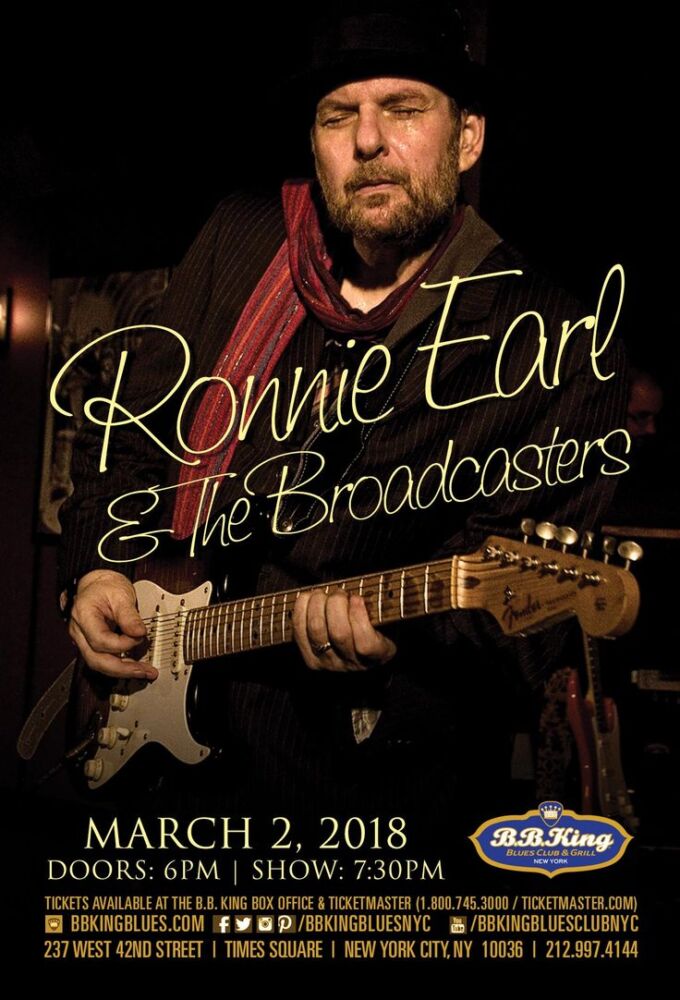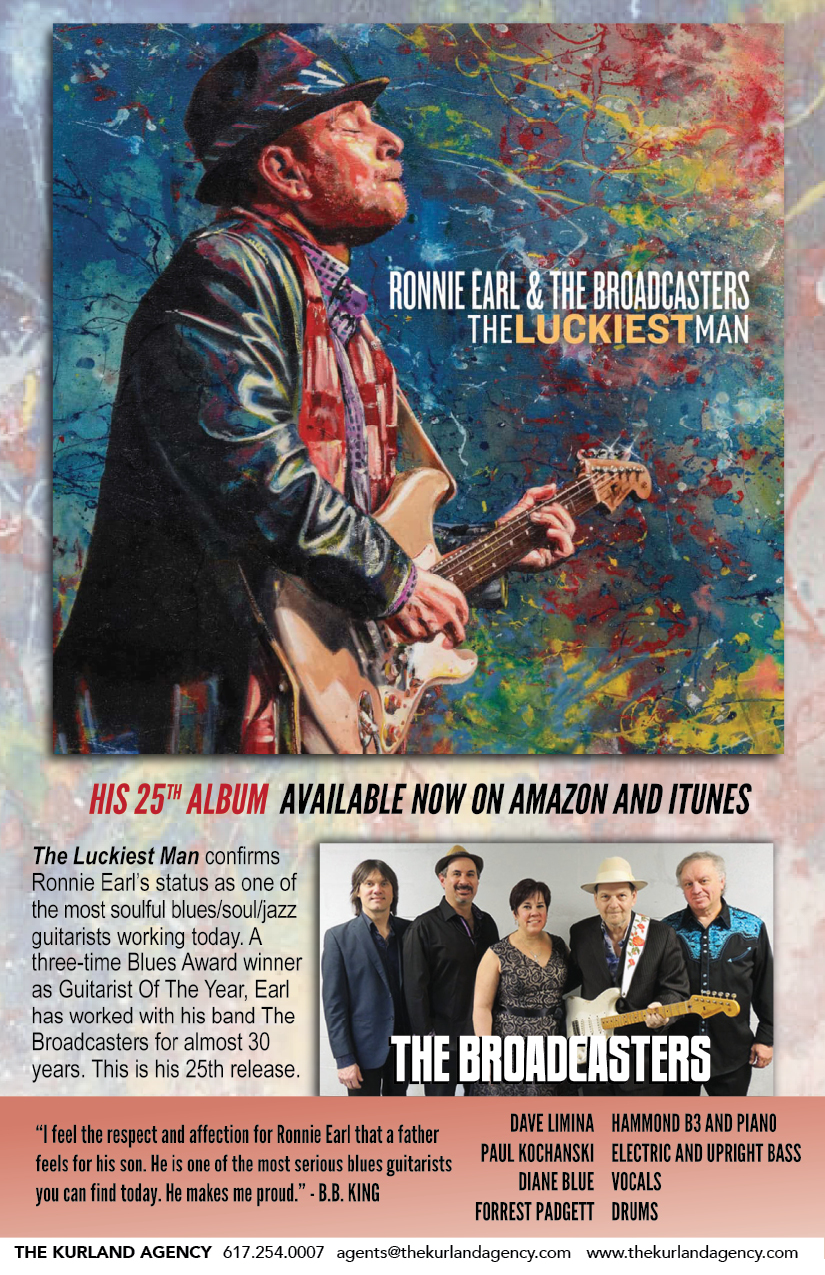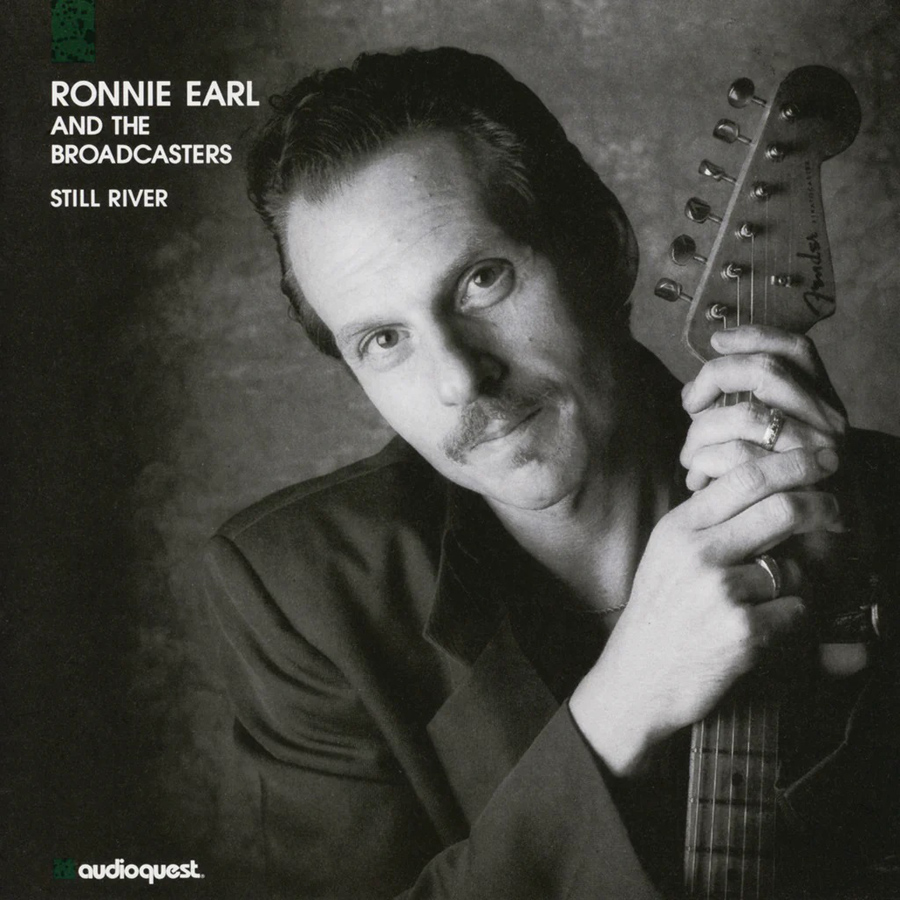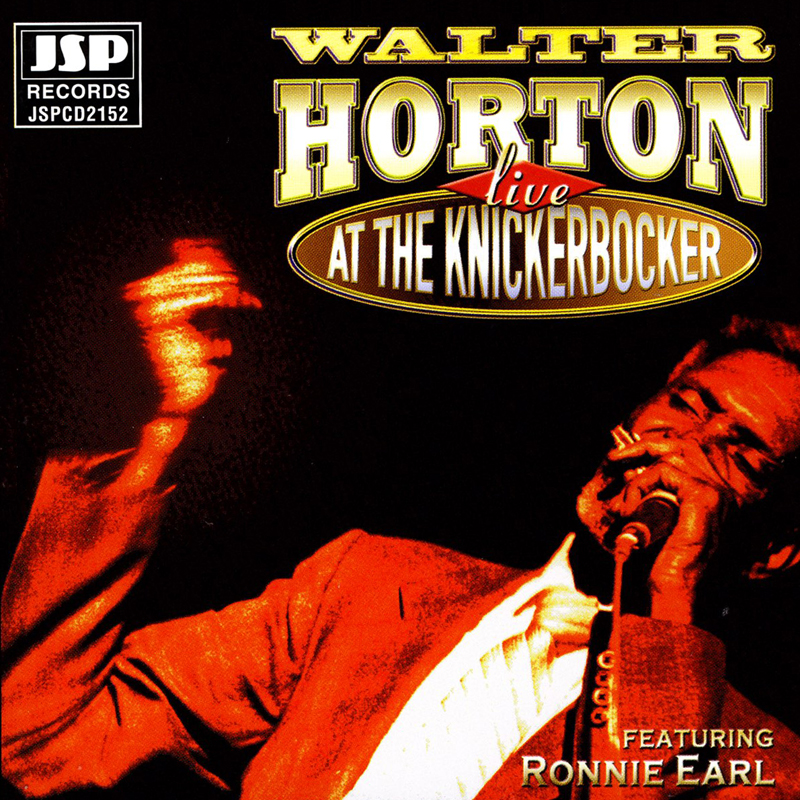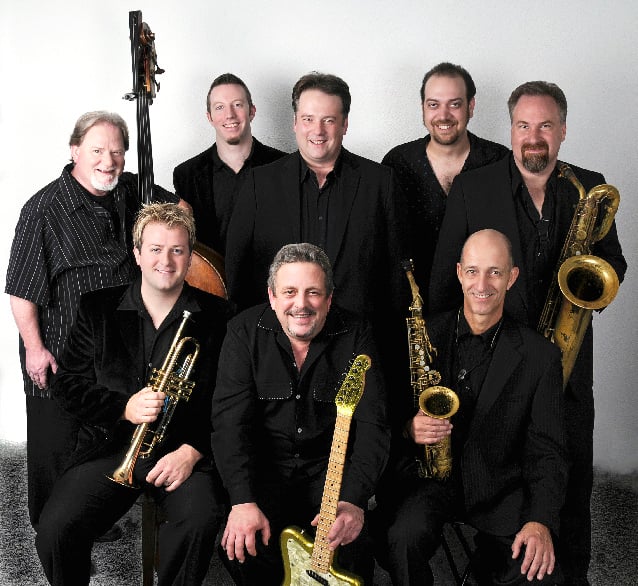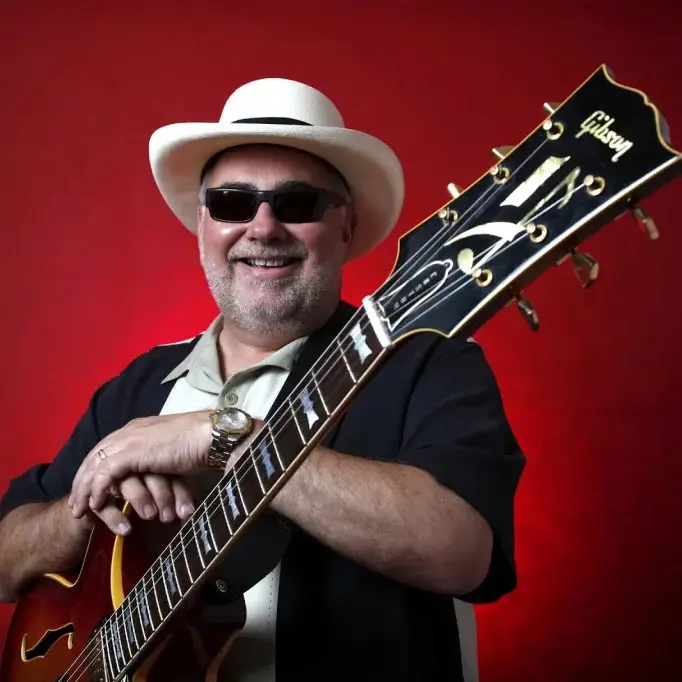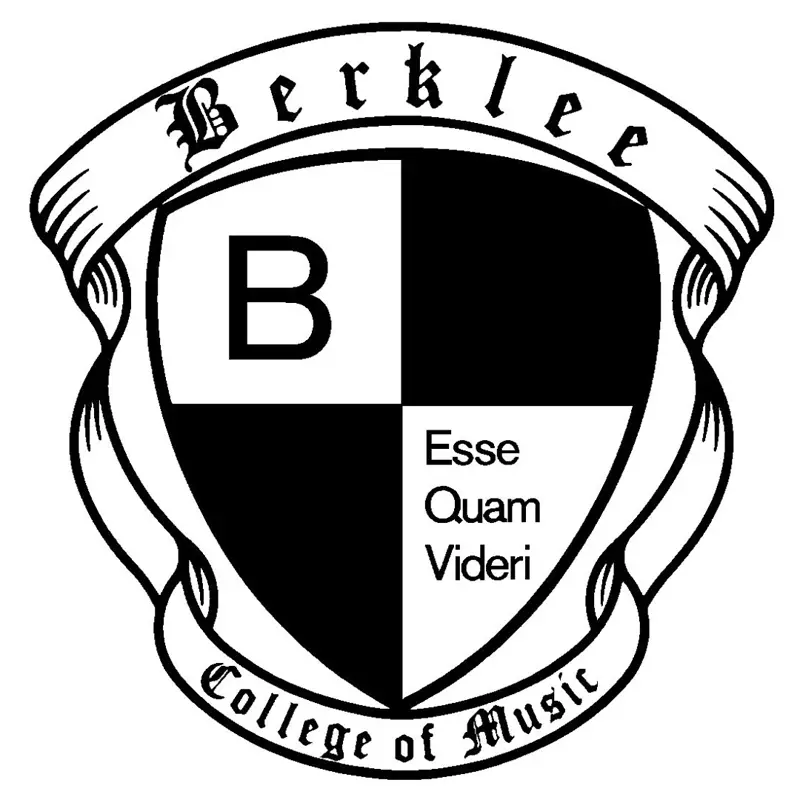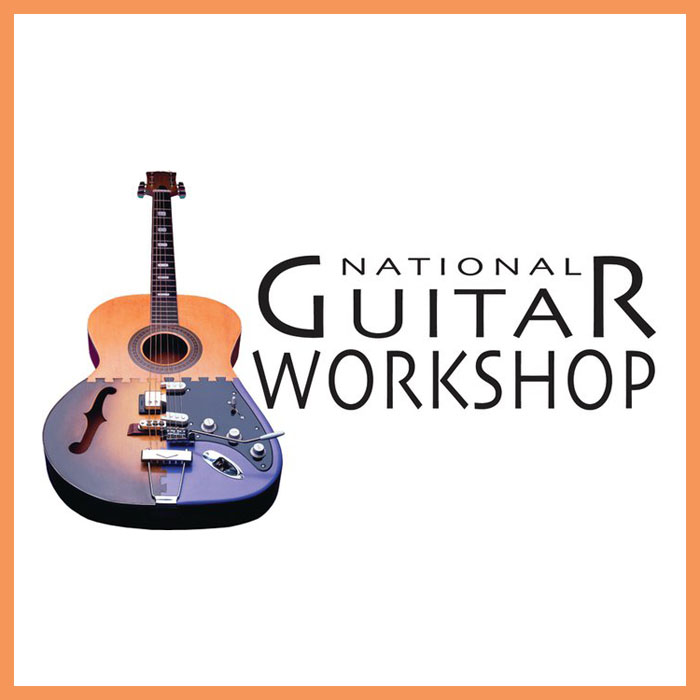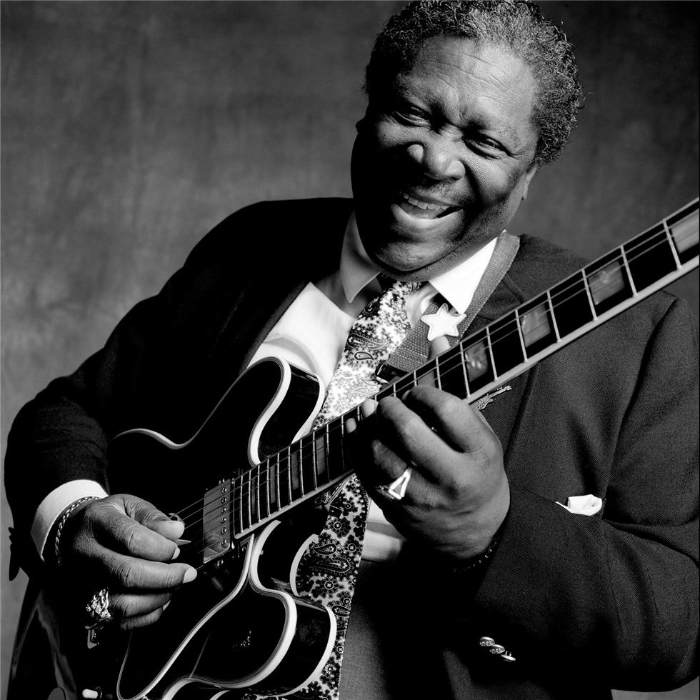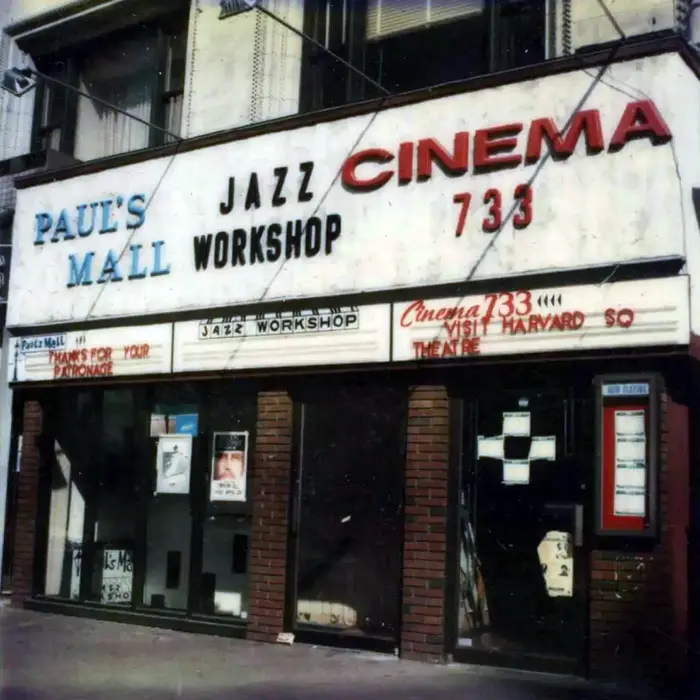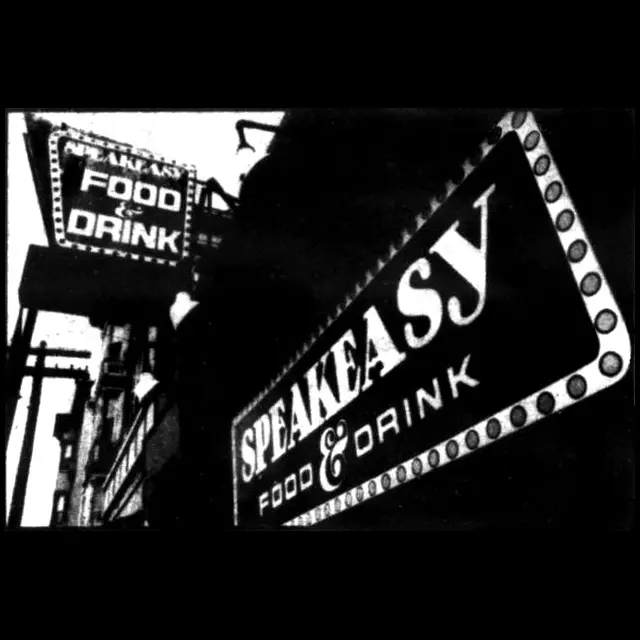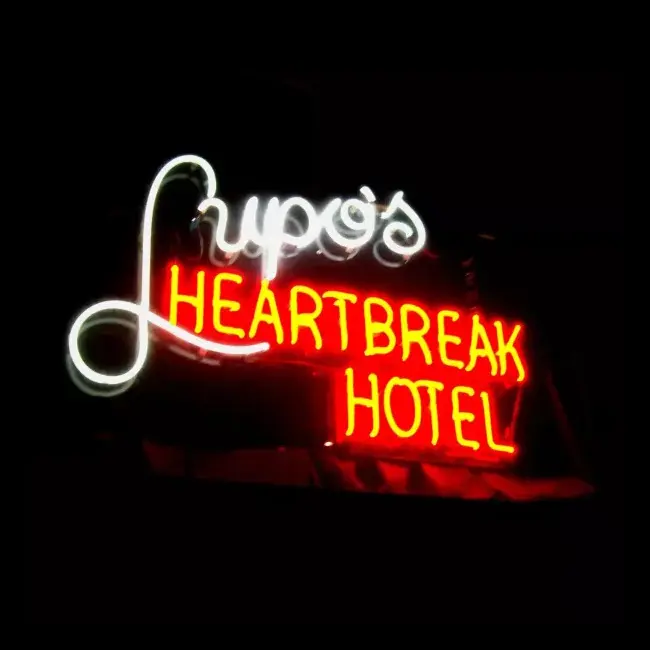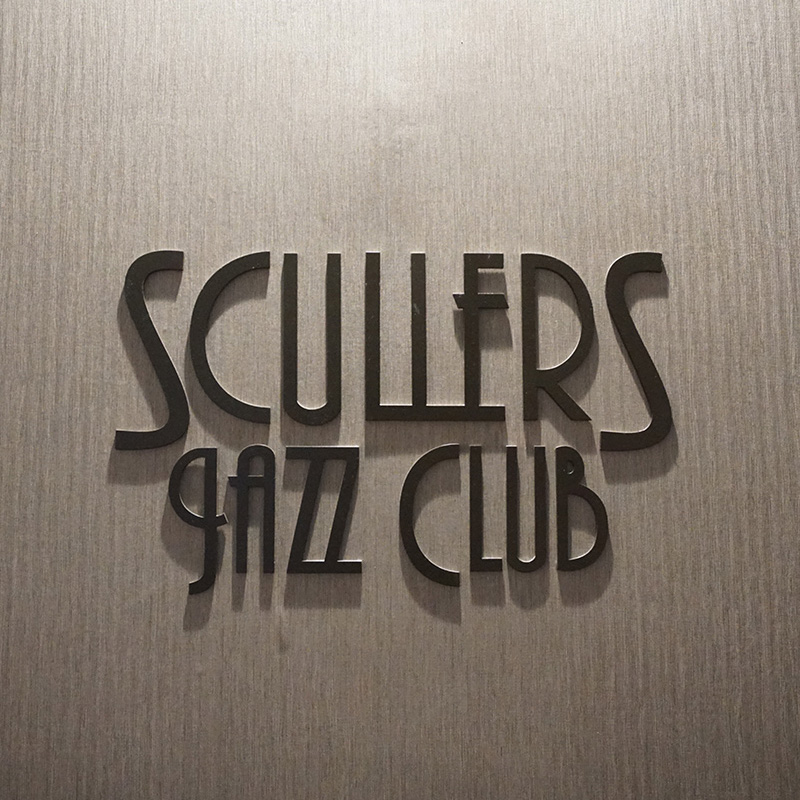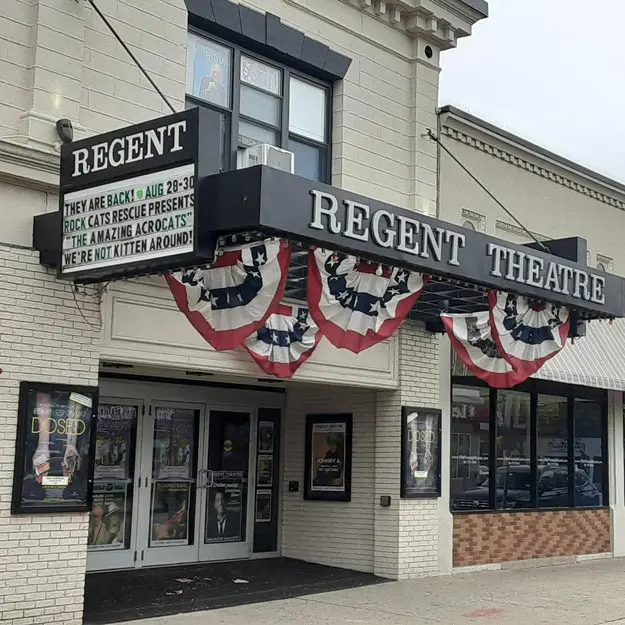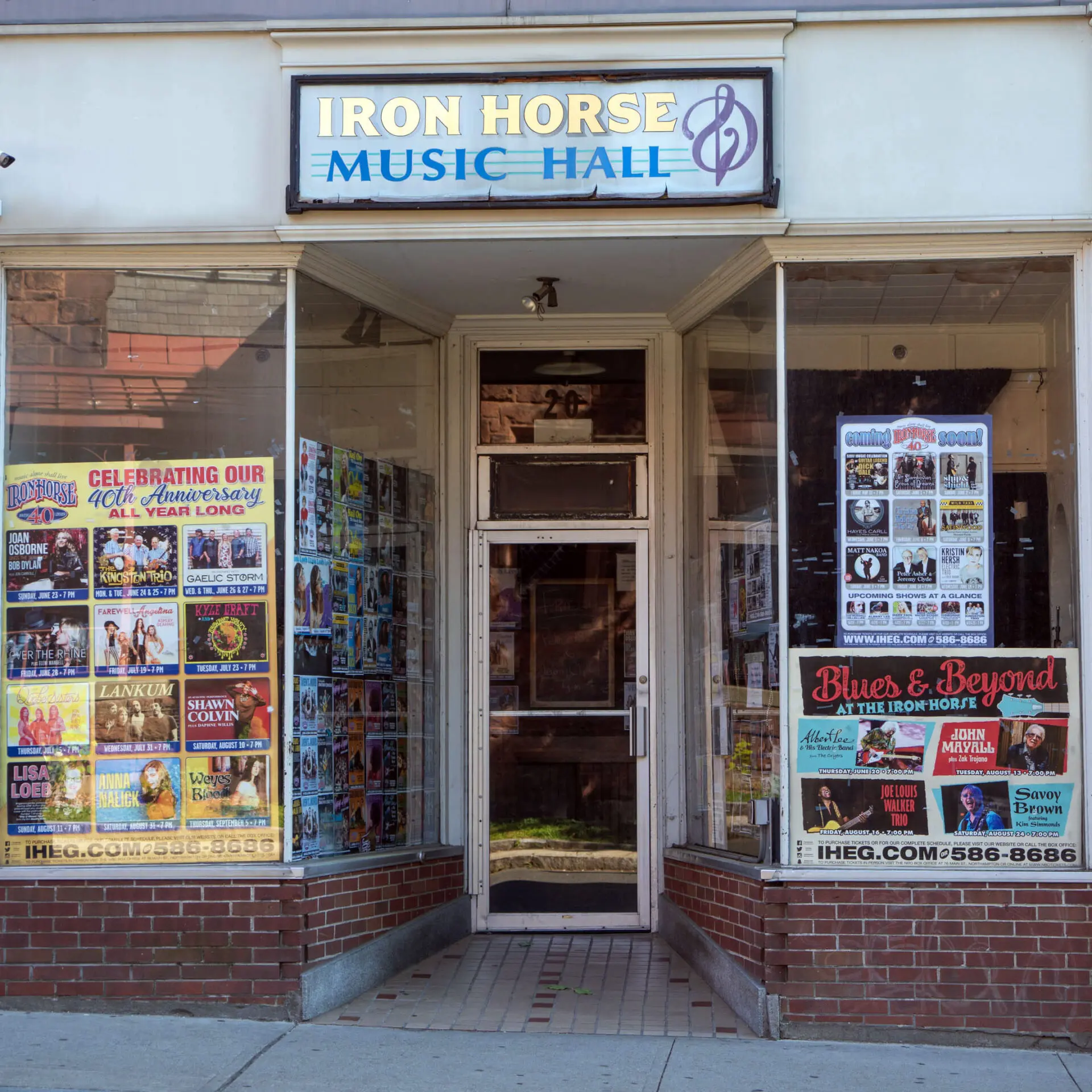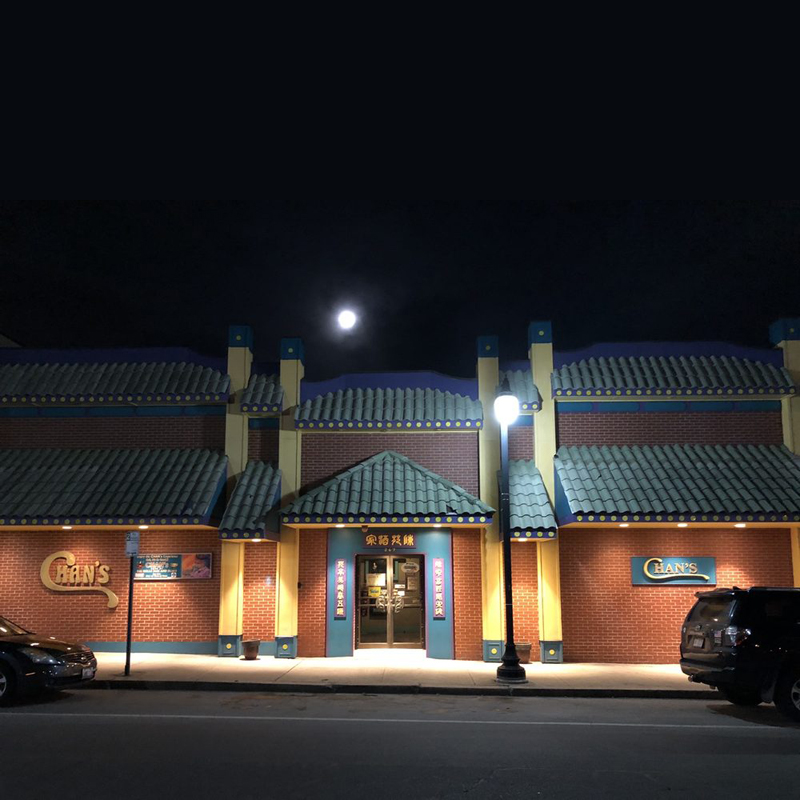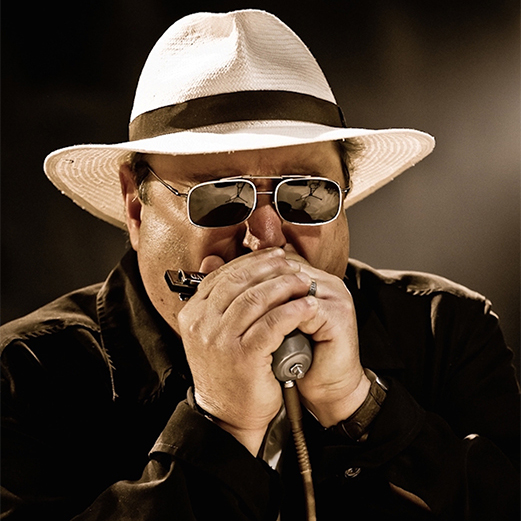Ronnie Earl
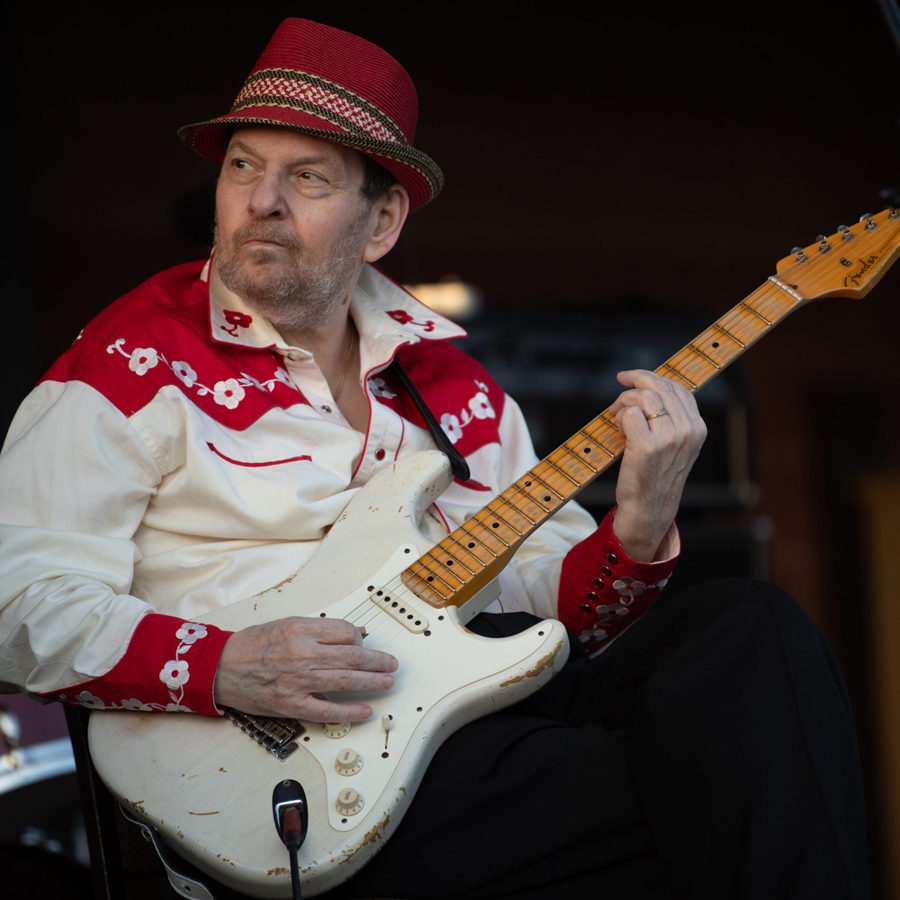
photo by Laura Carbone
A native New Yorker who graduated from Boston University and started his musical career at a Cambridge club in the mid-‘70s, Ronnie Earl’s connections to New England are as tight as the band he played in during the ‘80s, Roomful of Blues, and the one he’s fronted for nearly four decades, The Broadcasters. In addition to performing and recording in the region for over 50 years, he’s taught guitar at Berklee College of Music, the National Guitar Workshop and in his own instructional videos, becoming as respected in the educational arena as he is on the stage and in the studio.
A four-time winner of the Blues Music Award for Guitarist of the Year, Earl’s known for his ability to do something that many more refined, technically minded players cannot: communicate his deeply spiritual side using a raw, straight-from-the-gut delivery that produces a piercingly soulful, some would say mystical sort of blues that leaves audiences stirred to the core. Jim Hynes of Elmore magazine has called him as “the John Coltrane of the guitar” because he “marries the spiritual with the traditional” and The Boston Phoenix called him “perhaps the finest living blues guitarist on the planet.”
Since buying his first guitar in 1973 at age 20, Earl’s recorded 28 albums as a solo artist or with The Broadcasters, shared stages with B.B. King, Buddy Guy, Muddy Waters, Carlos Santana, Stevie Ray Vaughan and Eric Clapton, among others, and appeared as a guest on over 50 albums by artists including Eddie “Cleanhead” Vinson and Jimmy Rogers. Asked in 2013 if he considers himself prolific given his whirlwind of activity through the decades, Earl laughed and said he absolutely did not. “I don’t know if I would call myself prolific at anything,” he told Jason Shadrick of Premier Guitar magazine.
MUSICAL BEGINNINGS, MOVE TO BOSTON
Born Ronald Horvath on March 10, 1953 in New York City, Earl was raised in the borough of Queens and his parents signed him up for piano lessons when he was 10. Having no particular interest in learning how to play the instrument (or any other instrument), he quit lessons soon after starting them because he hated practicing. Years later, however, as a teenager in the late ‘60s and early ‘70s, he developed a deep interest in jazz, particularly John Coltrane’s material. “In high school, I was turned on to John Coltrane,” he told Shadrick, saying that he had “a very supernatural gift” and “stands alone” in terms of composing and performing. “I used to go see these great jazz shows with my father at Carnegie Hall, like Charles Mingus and Dizzy Gillespie. I would go see Rahsaan Roland Kirk at The Village Vanguard and George Benson playing in Central Park – before he was singing.”
In 1971, after graduating from Forest Hills High School in Queens, Earl enrolled at C.W. Post College on Long Island, majoring in American history and staying for a year and a half before transferring to Boston University in early 1973. He bought his first guitar that year, a Martin D-18, but exchanged the acoustic for a Fender Stratocaster within 24 hours. “I bought it one day and then returned it the very next day for the Strat,” he told Adam Perlmutter of Premier Guitar in December 2019. “Because it was electric, it gave me instant access to this whole other world of sounds and, obviously, the ability to play in a band and be heard and bend strings. All of a sudden, the world was a very different place, and I’ve been playing and loving Strats ever since.” Asked why he waited until he was 20 years old before picking up the guitar, Earl’s answer was simple and delivered with a smile: “I didn’t start till then because my parents wanted me to finish college, and back then you had to listen to your parents,” he said.
PAUL’S MALL, MUDDY WATERS, DISCOVERING THE BLUES
In December 1973, after countless hours listening to guitarists that he liked, particularly Duane Allman and Neil Young, and practicing so he could “catch up with the world” in terms of his skills, as he once put it, he went to see Muddy Waters at Paul’s Mall, a 245-capacity club next to The Jazz Workshop, which ignited his passion for the blues in all its forms. “I was too nervous to speak with [Muddy],” he told Shadrick, “but he played for six nights and I went every night.” Soon after being blown away by Waters’s six-night stand, he discovered B.B. King’s music, which he told Shadrick was “very ‘adult’ compared to the hippie music I was listening to.” In later years, Earl toured the US and Europe with King, who he says taught him “how to be a gentleman and respect the audience.”
After graduating from BU in 1975 with a bachelor’s in Education & Special Education, Earl taught and worked with special-needs children in the Newton school system and the League School in Government Center until 1978, when he left those jobs to focus full-time on music. His first professional gig was as rhythm guitarist in the house band at The Speakeasy in Cambridge, where he backed blues greats including Junior Wells, James Cotton, Albert Collins, Big Mama Thornton, Otis Rush and Big Walter Horton, the last of whom stayed in Earl’s apartment when he was in the area. In addition to that role, he was in Johnny Nicholas & The Rhythm Rockers and Sugar Ray & The Bluetones (with harmonicist-vocalist Sugar Ray Norcia), and took two trips to Chicago, where vocalist Koko Taylor introduced him to the local blues scene and he sat in at some clubs.
ROOMFUL OF BLUES, RONNIE EARL & THE BROADCASTERS
In 1979, after adopting the stage name Ronnie Earl (a nod to Chicago blues guitarist Earl Hooker), he joined Providence-based Roomful of Blues, spending the next eight years with the group; his first album with the band was 1981’s Hot Little Mama and his last was 1987’s Live at Lupo’s Heartbreak Hotel. He cut three albums of his own during his tenure with RoB – 1983’s Smokin’, 1984’s They Call Me Mr. Earl and 1986’s I Like It When It Rains – and formed Ronnie Earl & The Broadcasters in 1988, using the name of the Fender guitar that debuted in 1950 and was later renamed the Telecaster. Earl stopped drinking when he formed his new band, which he’s said is one of the reasons for his impressive recording output and ability to endure an exhausting performance schedule – north of 200 shows per year – through the 1990s.
The original Broadcasters lineup – vocalist Darrell Nulisch, harmonicist Jerry Portnoy, bassist Steve Gomes and drummer Per Hanson – played their first official show at The Last Call in Providence on Halloween in 1988 and, through various personnel changes over the years, the band’s received effusive praise from critics and fans alike. “Earl and his long-time Broadcasters consistently deliver clean, soulful blues but their spiritual approach sets them apart from any band in the genre,” wrote Jim Hynes in Glide magazine in 2022. Black Top Records released their debut disc Soul Searchin’ in 1988, followed by Peace of Mind in 1990; their most recent studio outing is Mercy Me (Stony Plain Records, 2022), which Blues Blast magazine’s Marty Gunther described as “an 80-minute, emotion-packed masterclass of soul- and jazz-infused pleasers that clearly demonstrate why critics and peers alike put [Earl] on a pedestal all his own.”
The band has been a regular presence at festivals across North America and Europe over the past 35 years, has appeared at notable Massachusetts venues including Scullers Jazz Club in Boston, the Regent Theatre in Arlington and the Iron Horse Music Hall in Northampton and Earl has played frequent solo sets at The Bull Run in Shirley and Chan’s Fine Oriental Dining, Jazz & Blues in Woonsocket, Rhode Island. In 1995, Hot Licks released the instructional video Ronnie Earl: Blues Guitar with Soul on VHS (re-releasing it on DVD in 2005) and in 1997 Earl won his first Blues Music Award for Guitarist of the Year, followed by three more (1999, 2014, 2018).
HEALTH ISSUES, 2000S ALBUMS, PROUDEST ACHIEVEMENT
In 2000, Earl was diagnosed with clinical depression and bipolar disorder, which “stopped me dead in my tracks” because “I didn’t exactly know what to do,” he told Shadrick of Premier Guitar in 2013. The news resulted in him cutting back his touring schedule significantly, but he remained just as busy as ever in the studio, recording eight albums between then and 2010 (including 2005’s The Duke and The Earl with Roomful of Blues co-founder Duke Robillard) and eight more since. Asked how he managed to get through the first part of the 2000s following his diagnosis, he gave credit to others. “There can be a lot of stigma attached to mental health issues, but I came through it due to the love of my wife and God and the 12 steps,” he told Shadrick.
Asked in December 2019 what he’s most proud of in terms of his career, Earl said it was performing for his fans but that the proudest achievement of his life is having stayed sober for decades, which he says brought a spirituality to his music. “I love people and I love life, so just playing for my audiences is what I’m most proud of. It’s always a blessing and a privilege,” he told Perlmutter of Premier Guitar. “But being sober for 30 years is actually my greatest accomplishment. It made me a lot more inspired and gave me a new life, a life with God, a better life with my wife of 22 years. Another thing about becoming sober is that my music changed drastically and became spiritual, which is such an important part of the blues.”
(by D.S. Monahan)

